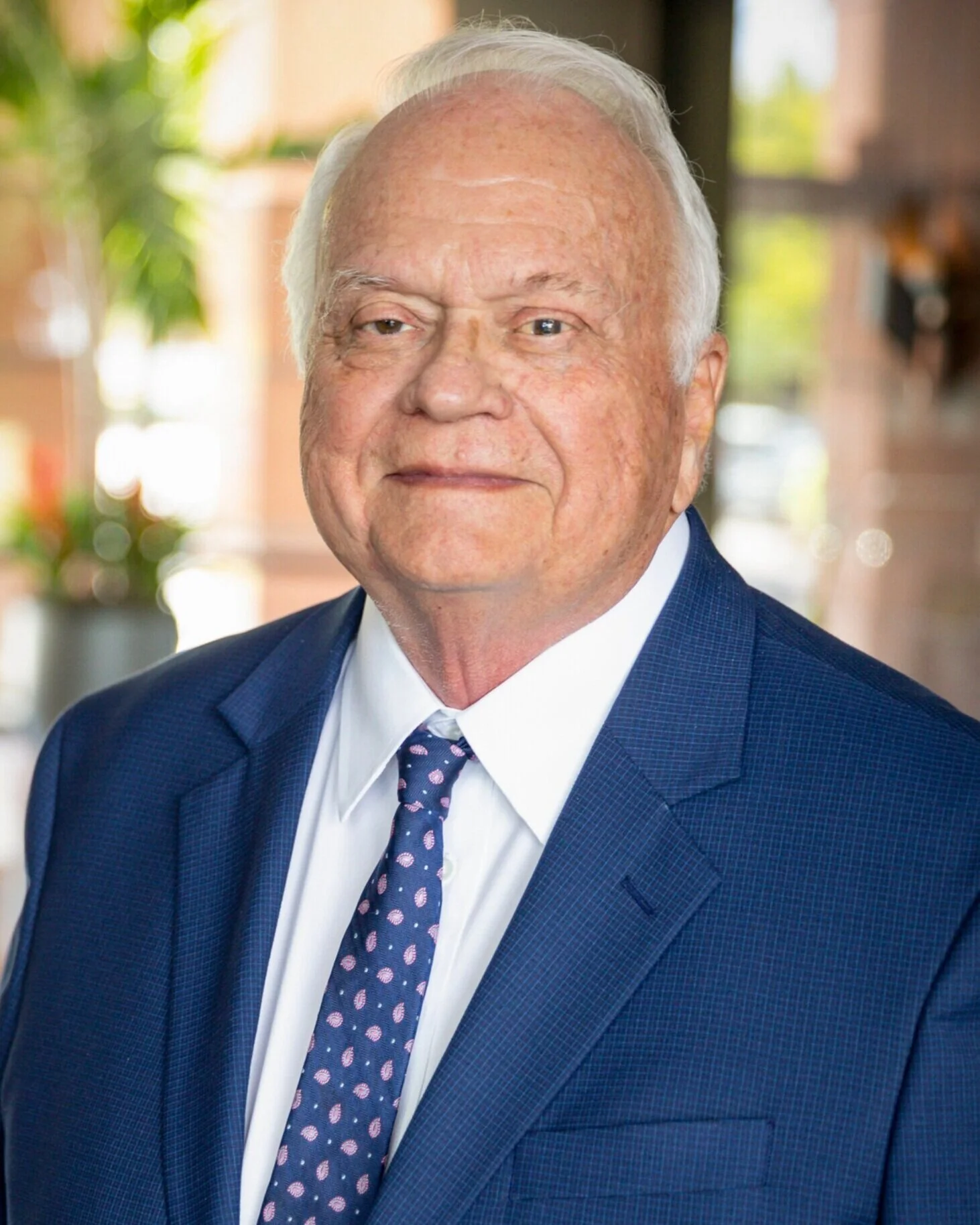
Estate Planning
& Probate Attorneys
Securing your legacy — and peace of mind.
Create a plan for your assets.
At Stenstrom, McIntosh, Colbert & Whigham, our experienced attorneys are here to make planning for the future as easy and comfortable as possible. Our team will work to reduce any of the uncertainties that often surround the administration of probate and to maximize the value of your estate so you can pass as much down to your loved ones as possible.
Our probate and estate planning services.
A comprehensive estate plan is made up of several different components. To determine what makes the most sense for you and your family, our team prioritizes spending time getting to understand your individual needs.
Our services include:
Creating a Will: This document dictates how you would like your affairs handled and assets distributed upon your death.
Establishing Power of Attorney: This document gives another individual the legal ability to act for you in financial and medical manners as you have defined.
Creating a Living Will: Also known as an advanced medical directive, a living will is a legal document that provides instructions for medical and end-of-life care should you be unable to make decisions for yourself.
Establishing a Trust: A trusts gives power to a trustee to manage the trustor’s assets for the beneficiary until the trust is distributed to them.
Overseeing Probate: After a loved one's death, we can assist in the orderly transfer of assets, according to the financial plan document, with the court's supervision. We can also file the deceased individual’s final tax return and order their death certificate.
Frequently Asked Questions
What is the difference between a will and a trust?
A will is a legal document that describes how you want your affairs handled and assets distributed upon your death. A trust, on the other hand, activates immediately and may give you more control over when and how your assets are distributed. A trust can also help to minimize or eliminate probate upon your death.
How does a trust protect personal real estate?
A trust can facilitate the transfer of assets upon death and help reduce tax liability. Some trusts can also protect assets from bankruptcy or lawsuits.
What are the different types of power of attorney?
There are several different types of power of attorney, including:
General: This gives an individual the same powers and rights that you have over yourself. Under a general power of attorney, your elected agent could sign documents for your, pay your bills and conduct financial transactions. It goes into effect the moment it is signed and ends upon your death or when you become incapacitated, unless it is rescinded.
Durable: This power of attorney goes into effect the moment it is signed and remains in effect even after you become incapacitated.
Limited: This gives an individual the power to act in your stead on a limited basis.
Springing: Unlike other types of power of attorneys, this one does not go into effect the moment you sign. Instead, it becomes active once you become incapacitated.
What happens if you do not have a living will?
If you become incapacitated without a living will, your medical care providers will ask your closest relatives — starting with your spouse and then adult children — to make decisions about your care. This can be a burden for family members and can cause problems if family members don’t agree on your best interests.





